Fiat Chrysler Automobiles and Groupe PSA have agreed to a 50/50 merger of the two companies and plan to finalize a binding memorandum of understanding in the coming weeks.
In a statement, FCA said the plan to combine the two entities will help create an “industry leader with the scale, capabilities and resources to capture successfully the opportunities and manage effectively the challenges of the new era in mobility.”
Once the merger is complete, the Groupe PSA and FCA joint venture will create the fourth-largest global OEM in terms of annual unit sales (roughly 8.7 million vehicles) and will generate combined revenues of 170 billion euros and recurring operating profit of over 11 billion euros.
The merger will help FCA and Groupe PSA navigate new challenges the auto industry is expected to face in coming years, allowing it to leverage each other’s large-scale investments in vehicle platforms, electric and internal combustion powertrains, autonomous vehicles and other technologies. The two companies estimate these “synergies” will save a total of 3.7 billion euros annually and says 80 percent of the synergies will be achieved after four years. These savings will be achieved without plant closures, according to FCA and Groupe PSA.
FCA and Groupe PSA’s respective shareholders will own 50 percent of the equity of the newly created company, which does not yet have a name and will be based in The Netherlands, and will “share equally in the benefits arising,” from the merger. The board managing the company will be comprised of 11 members, with five being nominated by FCA (including FCA chairman John Elkann) and another five nominated by Groupe PSA. Peugeot CEO Carlos Tavares will serve as the company’s CEO for a term of five years and will also be a member of the board.
“This convergence brings significant value to all the stakeholders and opens a bright future for the combined entity,” Tavares said in a prepared statement. “I’m pleased with the work already done with Mike [Manley] and will be very happy to work with him to build a great company together.”
“I’m delighted by the opportunity to work with Carlos and his team on this potentially industry-changing combination,” added FCA CEO Mike Manley. “We have a long history of successful cooperation with Groupe PSA and I am convinced that together with our great people we can create a world-class global mobility company.”
PSA bought the Opel and Vauxhall brands from General Motors in 2017. The two companies were unprofitable under the management of GM, but by simplifying their respective management structures and product lineups, the French conglomerate was able to quickly turn them into profit producers.
You can read the full details of the merger at this link.
Subscribe to GM Authority for more GM competition news and around-the-clock GM news coverage.

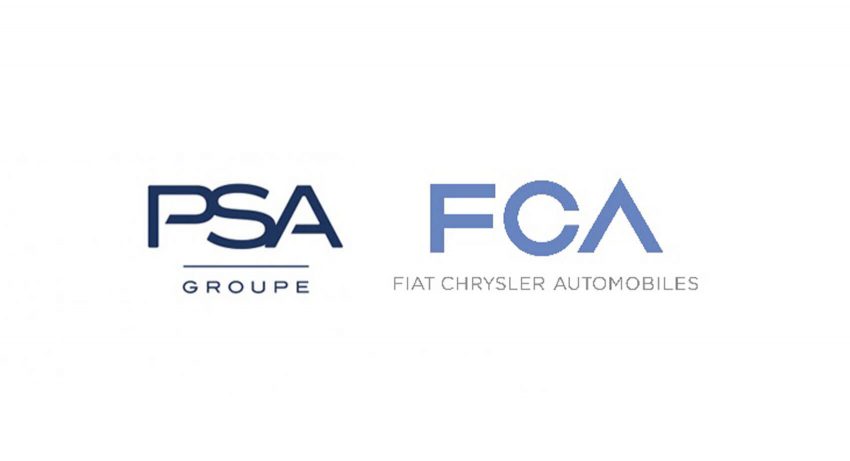
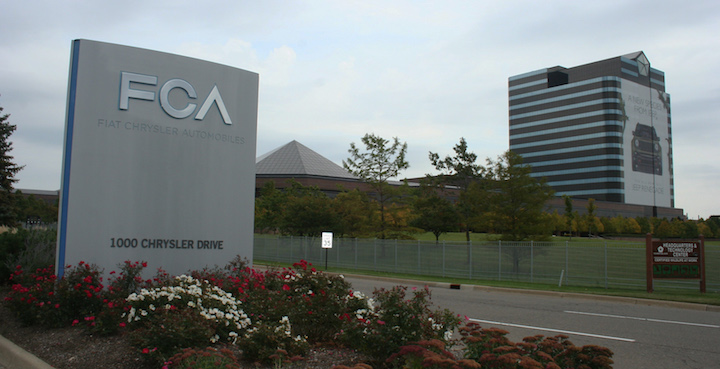
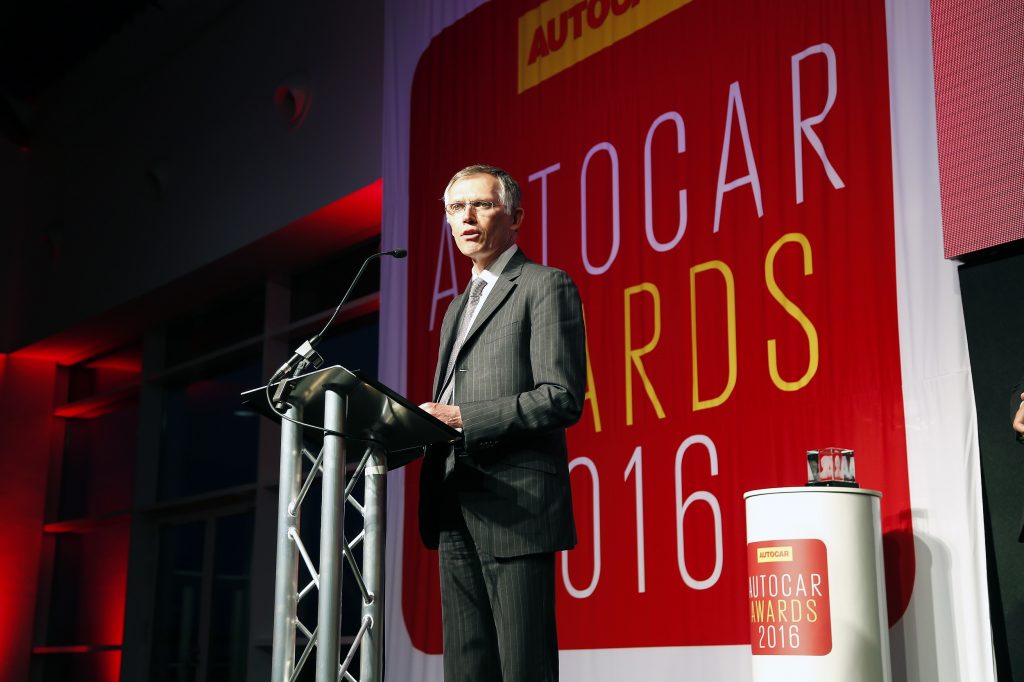


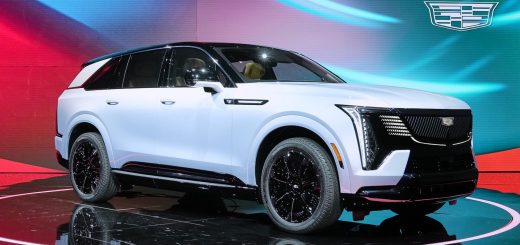
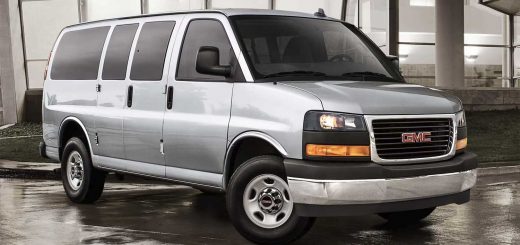
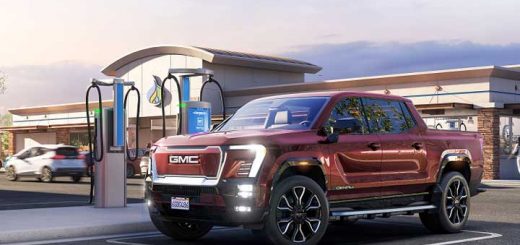
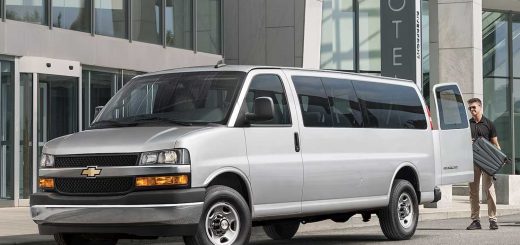
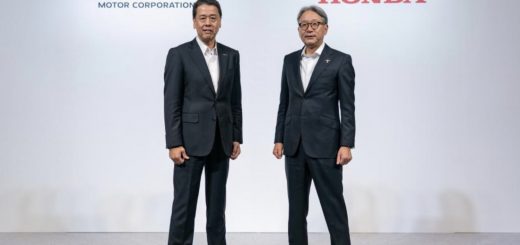
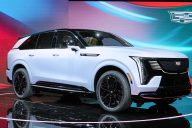

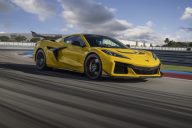



Comments
The misleading headline is corrected in the article. They do mean a full merger of equals, not just a joint venture.
It is justnot clear to me, if Groupe PSA will merge with FCA N.V., with the merged company adopting a new name, of if a new company is to be formed which wil own the two companies as subsidiaries.
One should remember that GM and FIAT once worked together, bolstered by a each company having had a share of the other. One of the technical results of this collaboration is just being phased out by replacing the current Opel/Vauxhall Corsa, which is based on a platform which was developed together by Fiat and Opel, by a new version based on PSAs CMP.
The previous generation of the small LCV Opel Combo was a badge-engineered FIAT Dobló (aka Ram ProMaster City) and was replaced last year by a model which was developed since 2012 together with PSA under the umbrella of a wider GM/PSA alliance.
PSA and FIAT had merged their LCV van lines to form the 50:50 joint venture SEVEL and in 1980 started the production of FIAT Ducato/Peugeot Boxer/Citoën Jumper (aka Ram ProMaster), and few years later a mini van and a related mid size LCV; FIAT, having evolved into FCA, withdrew from the common minivan in favor of the Chrysler Voyager, and in 2016 from the related LCV, sourcing their mid size LCV from the Renault/Opel Trafic/ Vivaro OEM, from which PSA-Opel widhdrew this year.
As the saying goes, incest is not a bad thing, as long it stays within the family.
when do the synergies/layoffs begin?
Think of it as J.C. Pennys and Sears merging with Kmart.
No, far from it! In fact GM should have snapped up PSA and it’s once in a generation leader Carlos Taveres who first saved PSA and then, after twenty years of losses with GM, transformed Opel into a profitable business years ahead of schedule while at the same time achieving the best mainstream margins in Europe with Peugeot and Citroën.
FCA will benefit from this deal. For starters PSA must tackle the quality issues that hinder Jeep’s growth. Jeep rides on ancient platforms and PSA can immediately solve this.
In addition, as Opel once fed Buick and before this Saturn, The Blitz can supply Chrysler with a solid line up of people movers like Grandland.
Hopefully PSA will spin Maserati and Alfa off into a new firm with JLR. Mass market firms with the exception of Toyota and VW have a lousy track record with luxury. Then again a commitment to RWD platforms cold save Dosgevand allow PSA to kill DS.
PSAFCA isn’t SearsJCP. That would be a merger of Nissan and GM.
are french cars known for quality and reliability? i thought they were known for quirky design.
I have driven Peugeot 205 for about a quarter of a century and I liked it.
To be sure, those were consecutively 3 different 205s, one after the other, after having lost the first two by others smasing their cars into the behind of mine. The last one made 204’000 kilometer before I had to give it up because its old Diesel engine did not pass the stricter dust regulations.
Steve, you assume that the PSA cars and trucks are made in France. They are made in cheap labour places such as Spain and Turkey. The Turkish truck is the Fiat, but named Dodge Ram full size van, imported into North America.
Fiat is not owned by PSA and isn’t a Turkish import. Furthermore why does it matter where PSA makes cars so long as EU profits remain strong and quality standards are good enough for US buyers?
BTW. FIAT makes Tipo in Turkey and 500 in Poland but who cares?
Mark Smyth tells half truth, half error.
The van sold in NA as Ram ProMaster was created in 1981 by SEVEL, the 50:50 joint venture of FIAT and Peugeot/Citroën, and produced in the newly built SEVEL factory in Italy, on the adriatic side. It was never produced in Turkey, at least not for export. It is also producedn in Russia and Brasil, according to Wikipedia. The acronym SEVEL stands for the full name, Società Europea Veicoli Leggeri Sevel S.p.A., or english “Europan company for light commercial vehicles”.
The FIAT version is called Ducato, the Peugeot version Boxer and the Citroën one Jumper. The American version is produced in Mexico and exported from there to the whole continent, also als Peugeot Manager.
Peugeot/Citroën or PSA have always had their own small van, the Peugeot Partner and Citroën Berlingo, which are produced in two factories, the larger in Spain (Vigo) and th other in Portugal (Mangualde).
The FCA equivalent of this small van is the Fiat Doblò, marketed as the Ram ProMaster City in North America. This is produced for Europe in the Tofaş factory in Bursa (Wikipedia says that also a company called Karsan has been manufacturing the Doblò, and that this one also manufactured the Peugeot Partner/Citroën Berlingo). The second version of this was also marketed as Opel/Vauxhall Combo.
The Doblò has an even smaller brother, the Fiat Fiorino or Fiat Qubo in its passenger car version. This was also distributed by PSA as Peugeot Bipper or Citroën Nemo. There was also a pickup version of the Fiorino.
PSA and FIAT also collaborated in the development and production of a mid sized LCV between the Doblò/Berlingo and the Ducato/Boxer which was produced in new factory called SEVEL North in the North of France. Fiat opted out of the minivan cooperation when Fiat took over Chrysler; they preferred the Chrysler Voyager instead. But FCA continued to source the commercial van version called FIAT Scudo until model change in 2016, from which on Fiat sourced the Renault Trafic/Opel Vivaro as Fiat Talento.
In 2012, Opel and PSA began to develop in common a new common version of the Peugeot Partner/Citroën Berlingo and Opel/Vauxhall Combo; back then, PSA and GM were in a partnership with GM taking a 7% interest in PSA’s capital, which they later withdrew when the Chinese partner of PSA entered in PSA’s capital. This version hit the market in 2016.
Now, with the 50:50 merger of PSA and FCA, they will have to LCV range again…